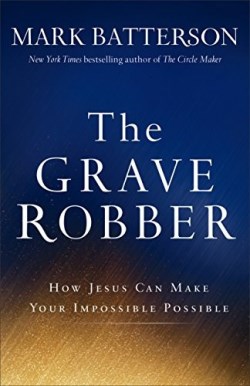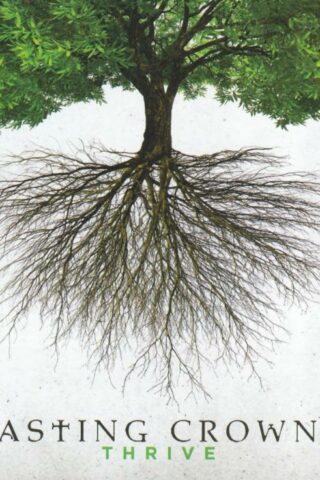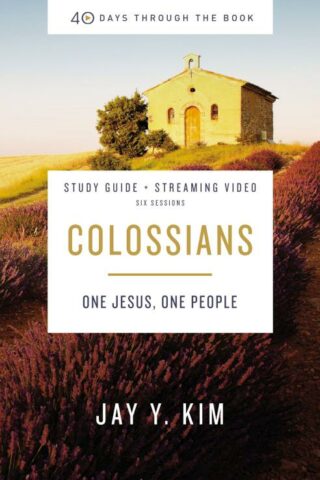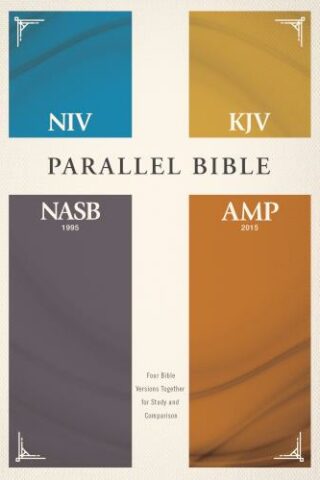Jay Kim
Showing all 2 resultsSorted by latest
-
Colossians Bible Study Guide Plus Streaming Video (Student/Study Guide)
$19.99The 40 Days through the Book series has been designed to help believers more actively engage with God’s Word. Each study encourages participants to read through one book in the New Testament at least once during the course of 40 days (approximately 6 weeks of meetings) and will provide them with (1) a clear understanding of the background and culture in which the book was written, (2) insights into key passages of Scripture, and (3) clear applications and takeaways from the particular book that participants can apply to their lives. Each study will be recorded in the author’s place of residence and will highlight stories and applications that are relevant to his or her ministry in that area.
In 40 Days through Colossians, author and pastor Jay Kim guides small-group members through Paul’s letter to the believers in Colossae, revealing what his words meant to his original readers . . . and how they apply to us today. Participants will be encouraged as they listen to Jay’s teachings and, though the accompanying study guide, challenged to read Colossians on their own during the forty days in the study.
Sessions and run times include:
1. The True Center (Colossians 1:1-29) (20:00)
2. Broken Gauges (Colossians 2:1-15) (20:00)
3. A Greater Reality (Colossians 2:16-23) (22:30)
4. Constant Dissonance (Colossians 3:1-11) (20:30)
5. The Right Attire (Colossians 3:12-4:1) (23:00)
6. God Alone (Colossians 4:2-18) (21:00)Designed for use with 40 Days Through the Book: Colossians Video Study (sold separately).
Add to cartin stock within 3-5 days of online purchase
-
Analog Christian : Cultivating Contentment, Resilience, And Wisdom In The D
$18.99The digital age is in the business of commodifying our attention.
The technologies of our day are determined to keep us scrolling and swiping at all costs, plugged into a feedback loop of impatience, comparison, outrage, and contempt. Blind to the dangers, we enjoy its temporary pleasures, unaware of the damage to our souls.
Jay Kim’s Analog Church explored the ways the digital age and its values affect the life of the church. In Analog Christian, he asks the same question of Christian discipleship. As the digital age inclines us to discontentment, fragility, and foolishness, how are followers of Jesus to respond? What is the theological basis for living in creative resistance to the forces of our day? How can Christians cultivate the contentment, resilience, and wisdom to not only survive but to thrive as we navigate the specific challenges of our age?
Add to cartin stock within 3-5 days of online purchase

 Grave Robber : How Jesus Can Make Your Impossible Possible (Reprinted)
Grave Robber : How Jesus Can Make Your Impossible Possible (Reprinted)
 Thrive
Thrive










